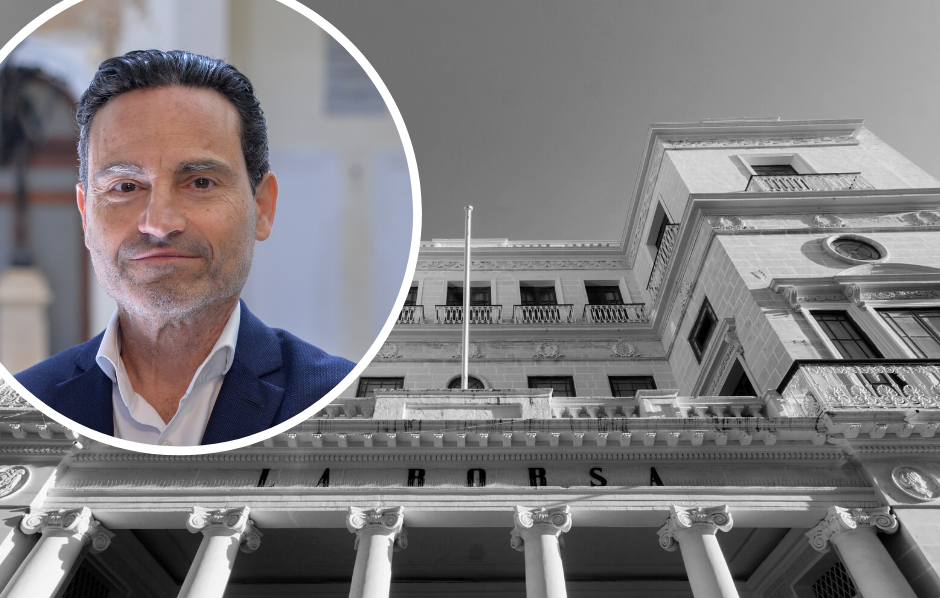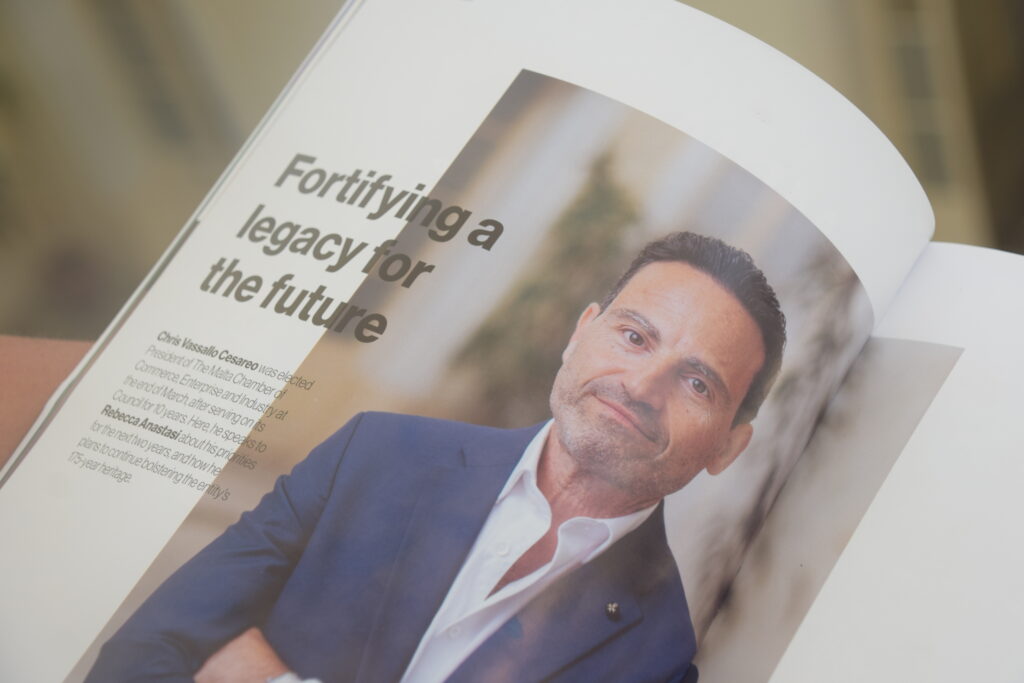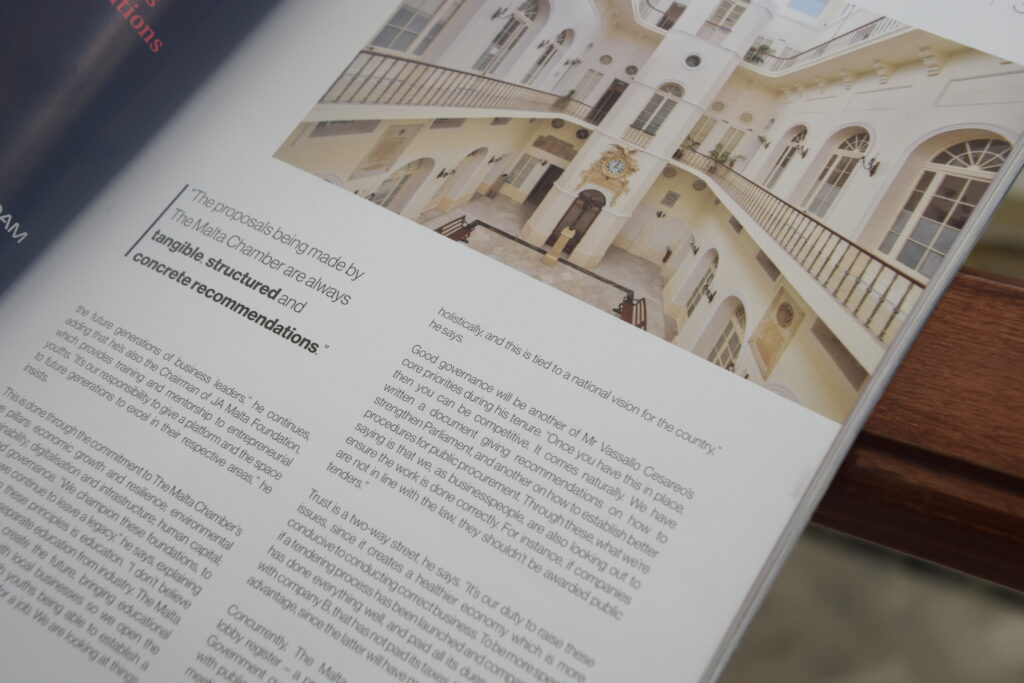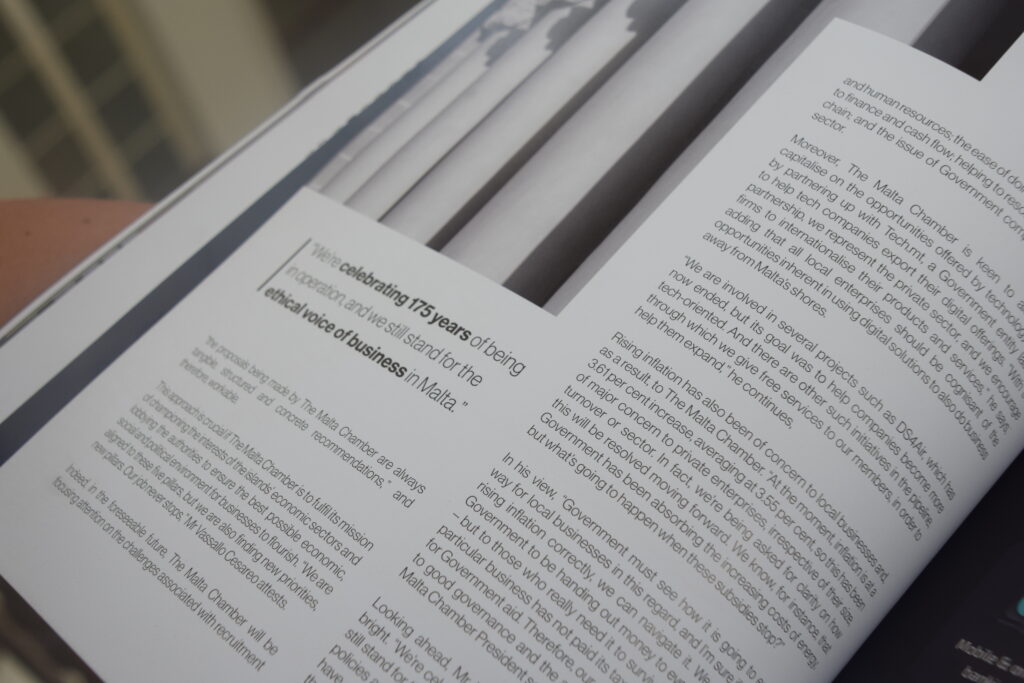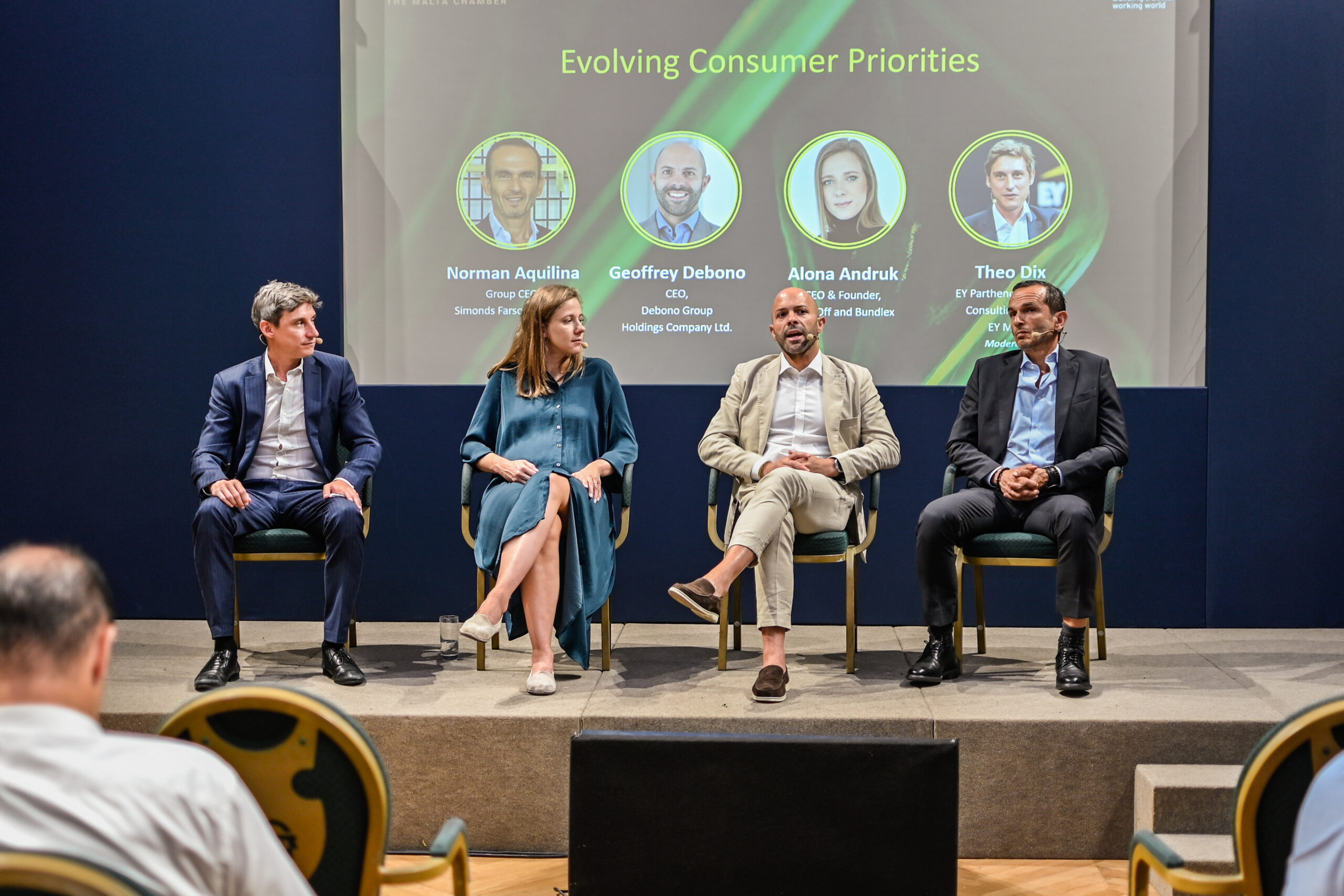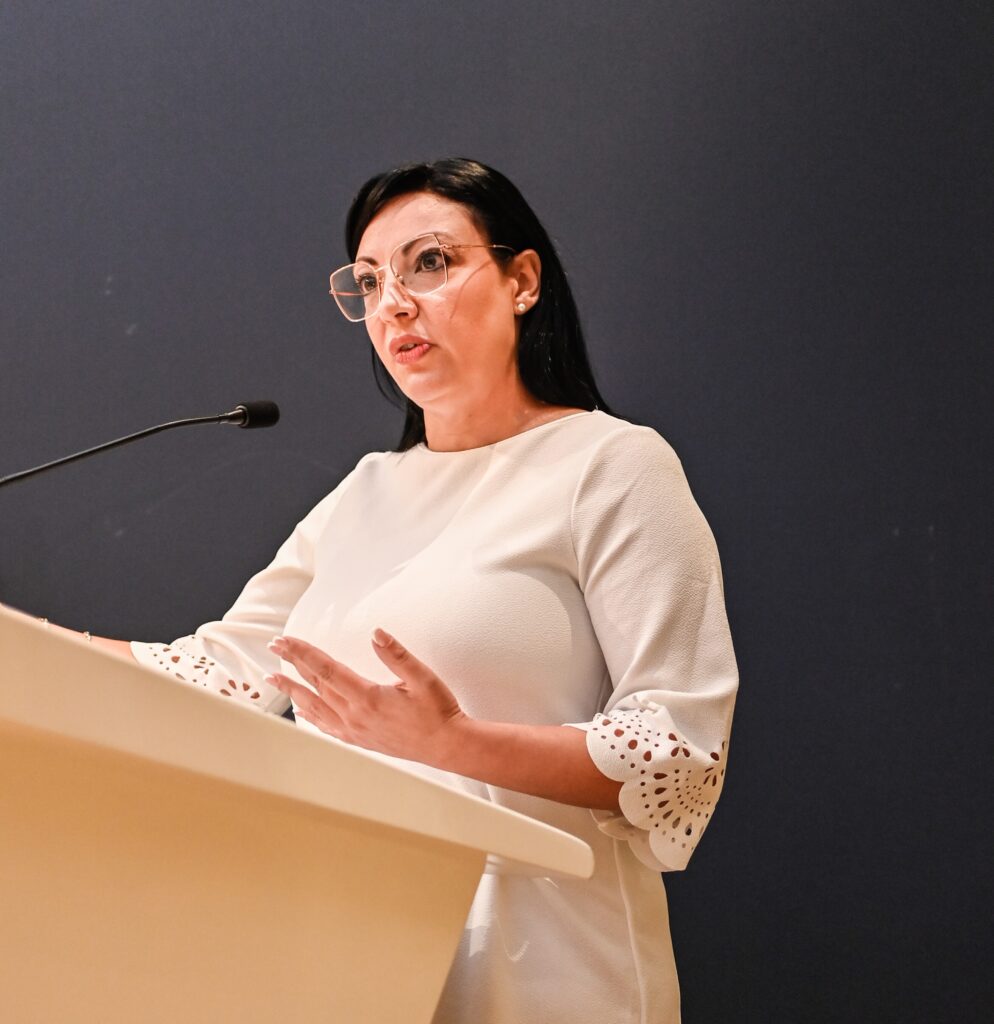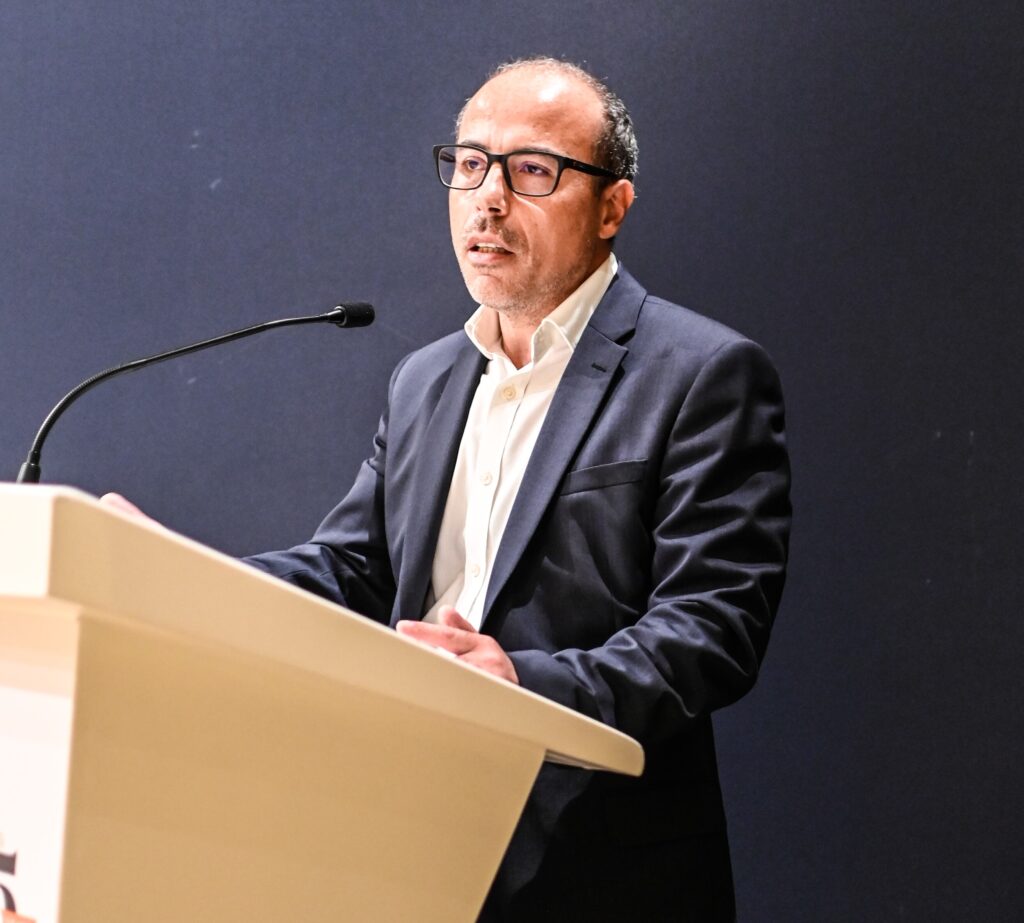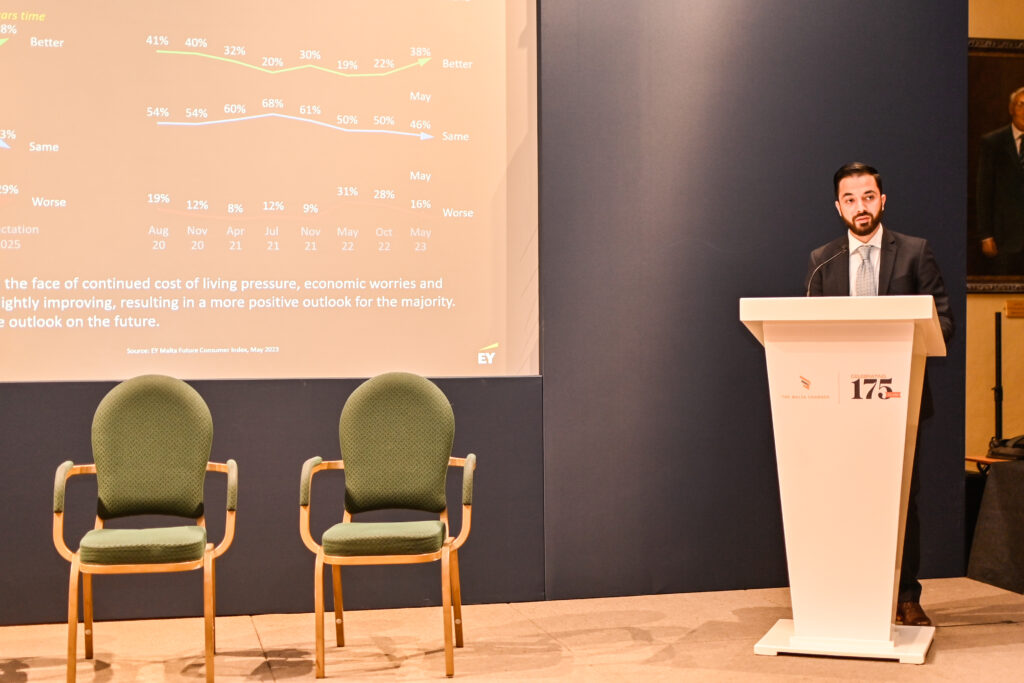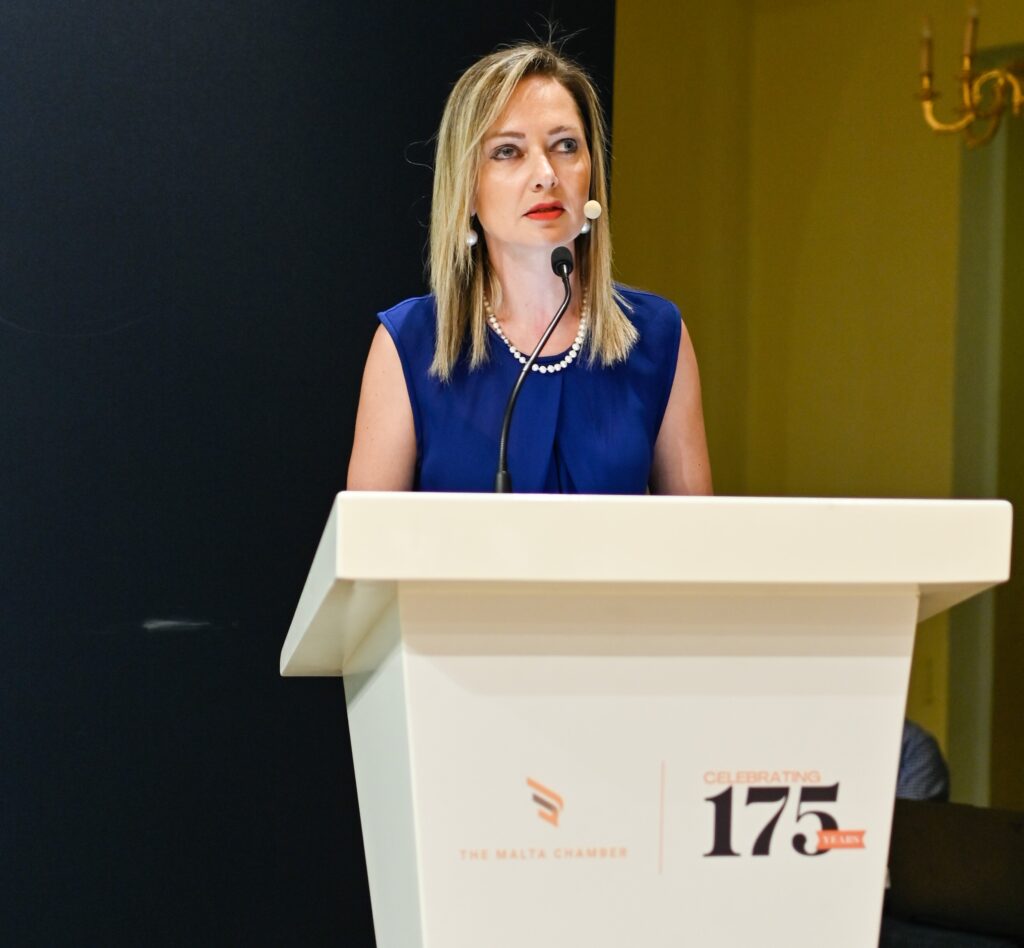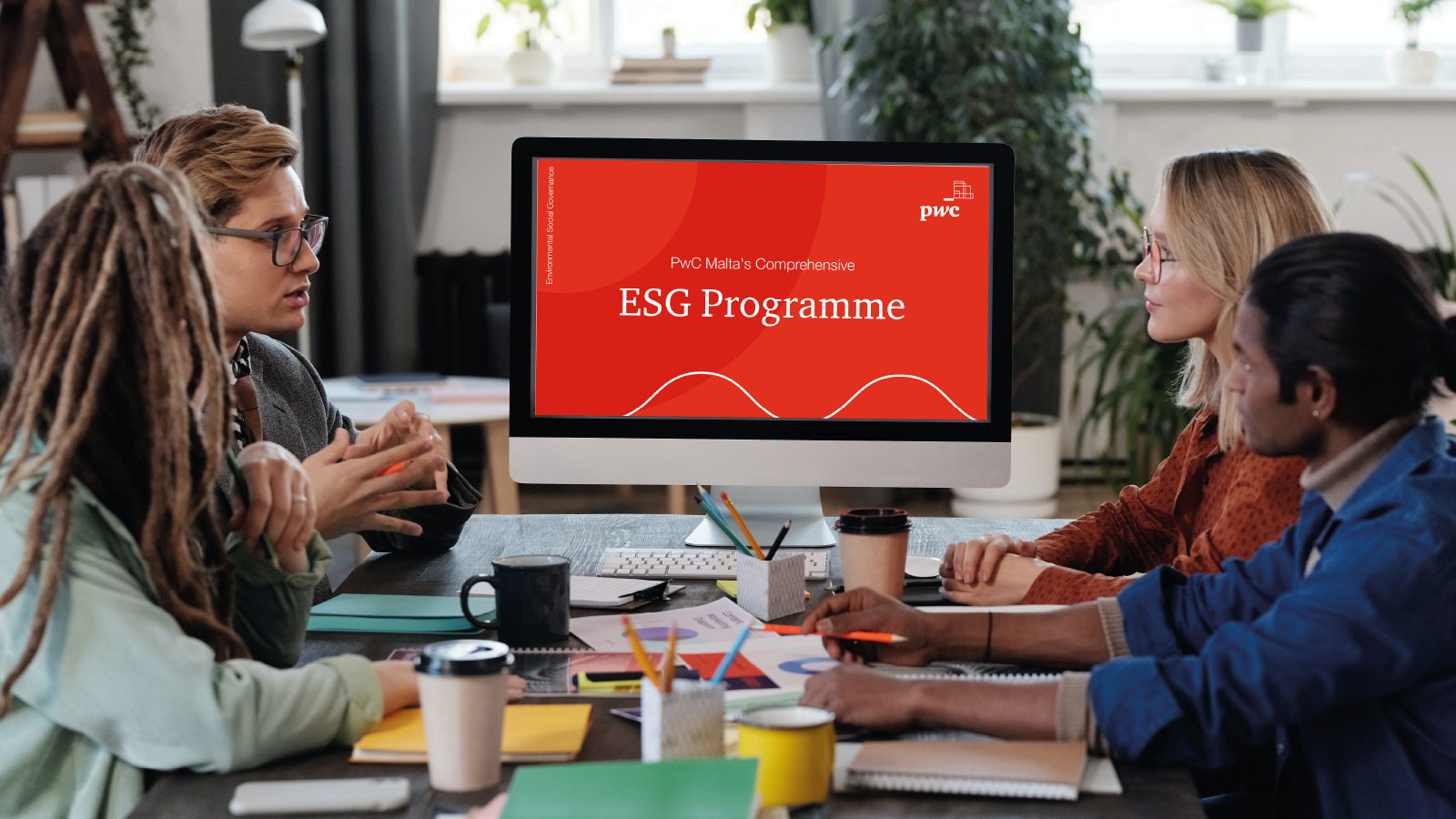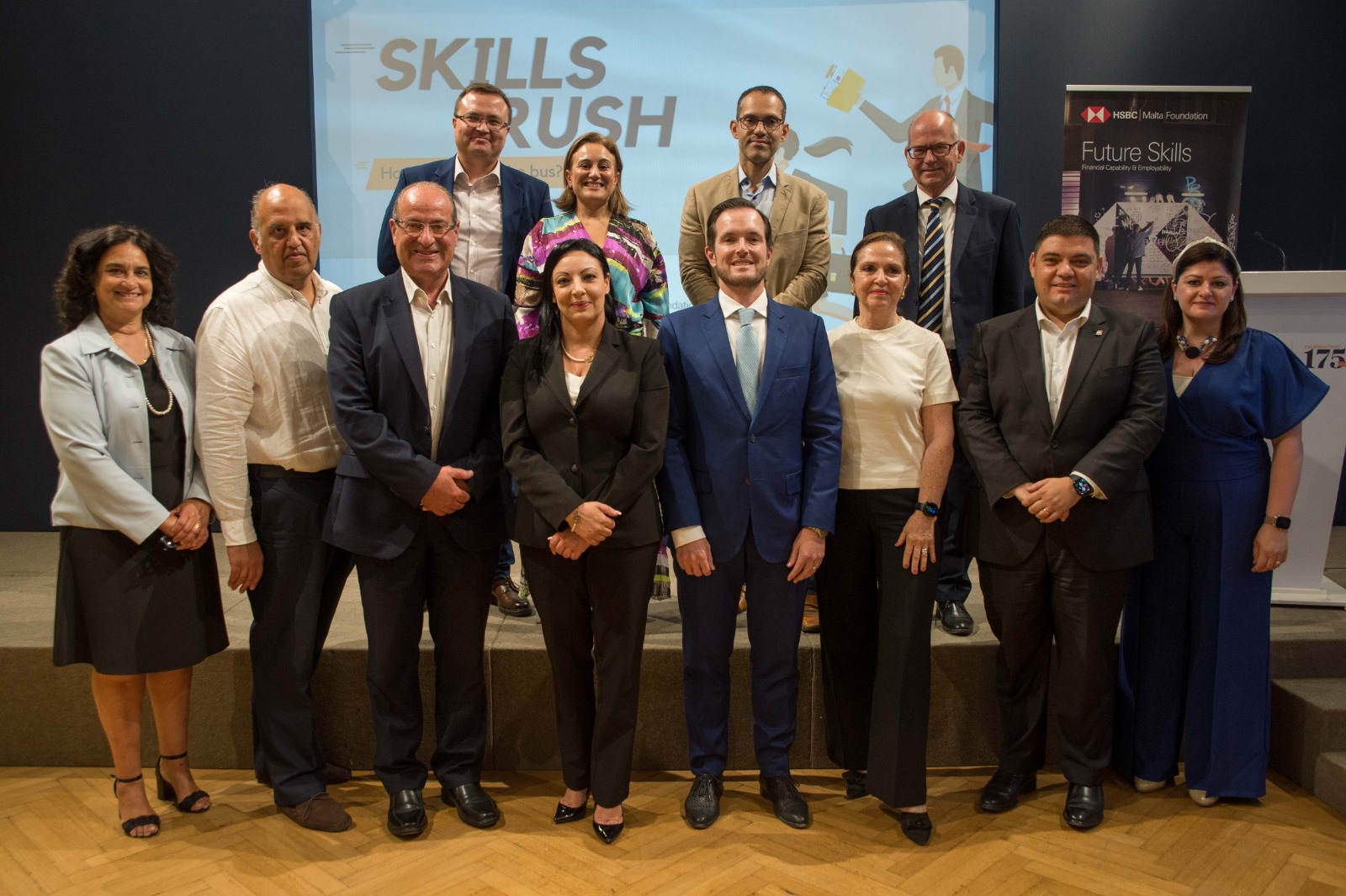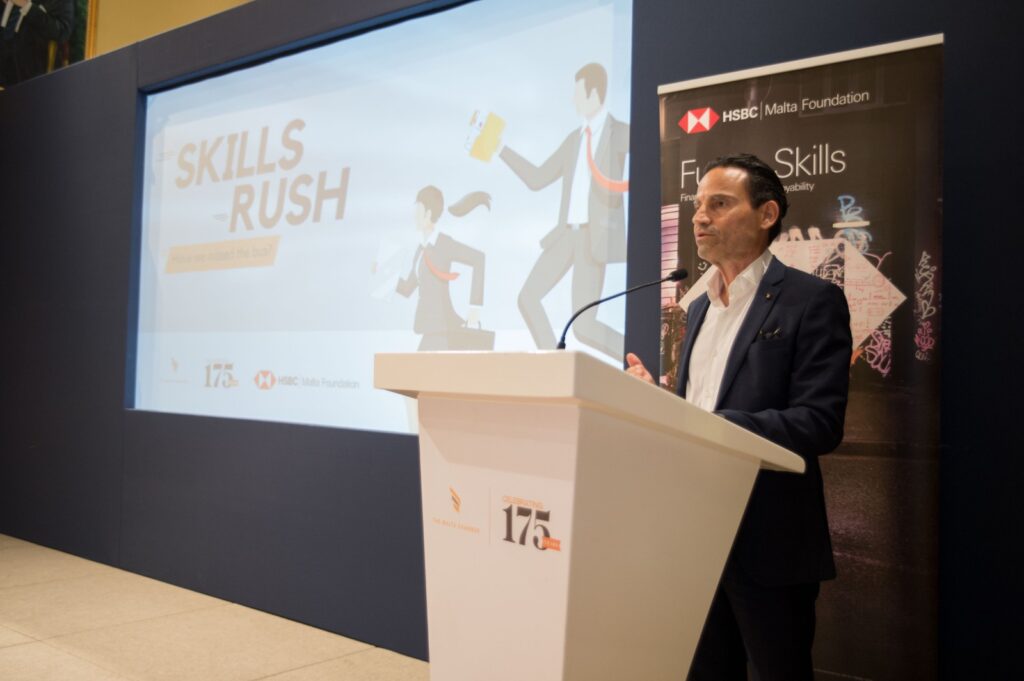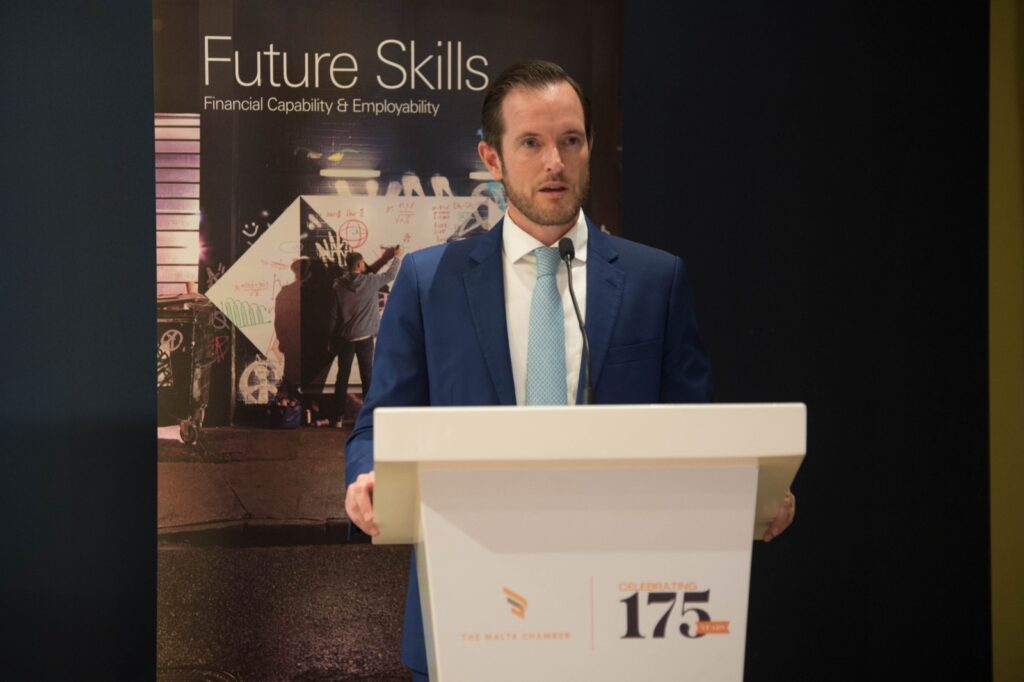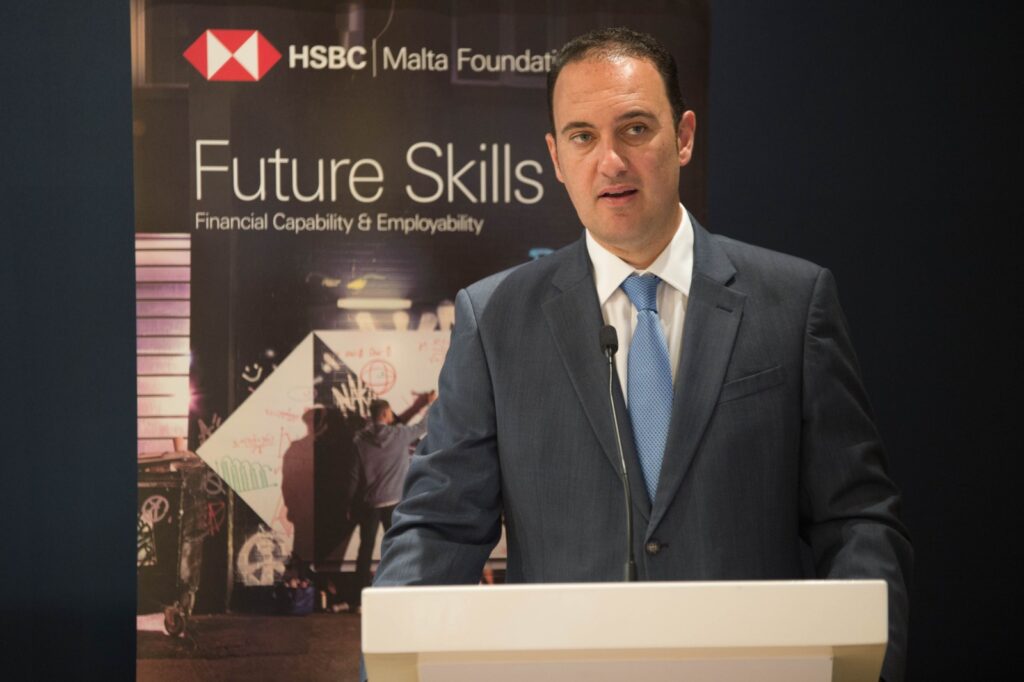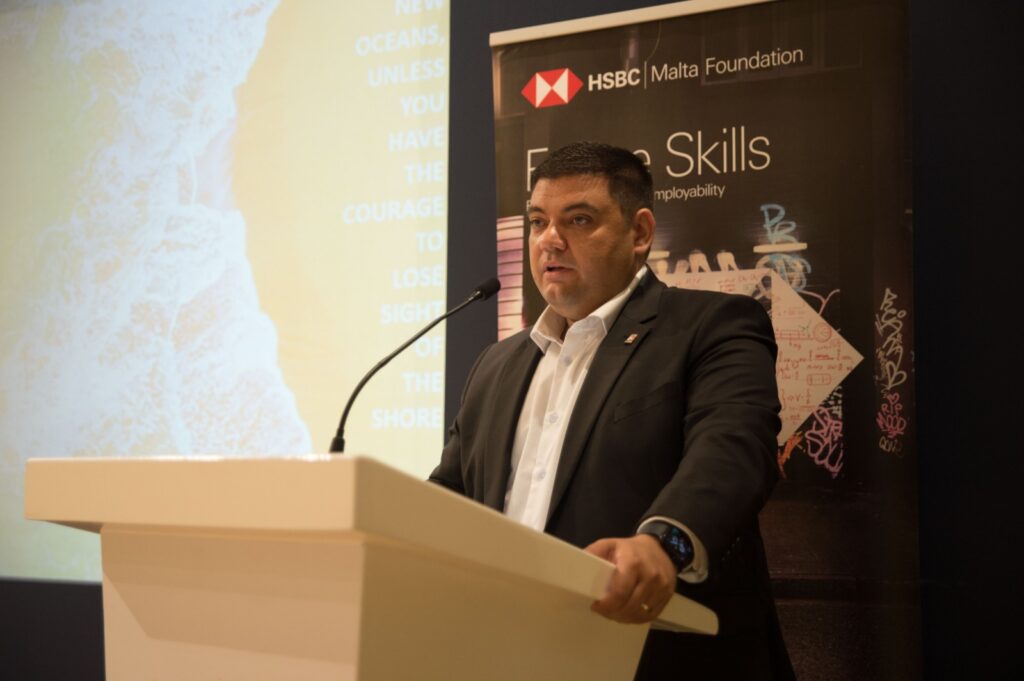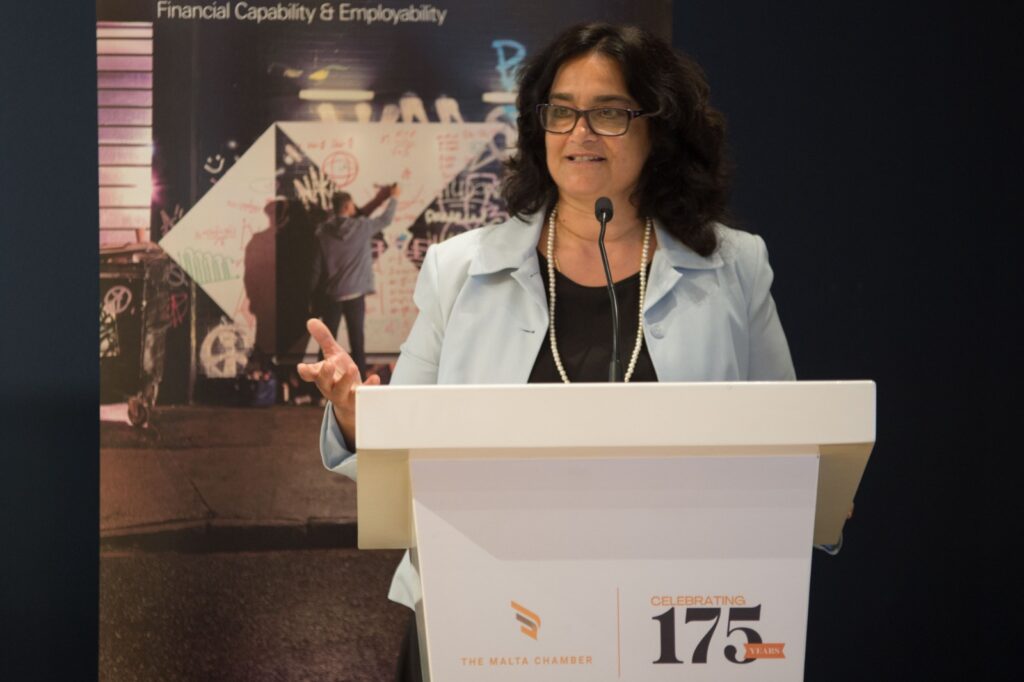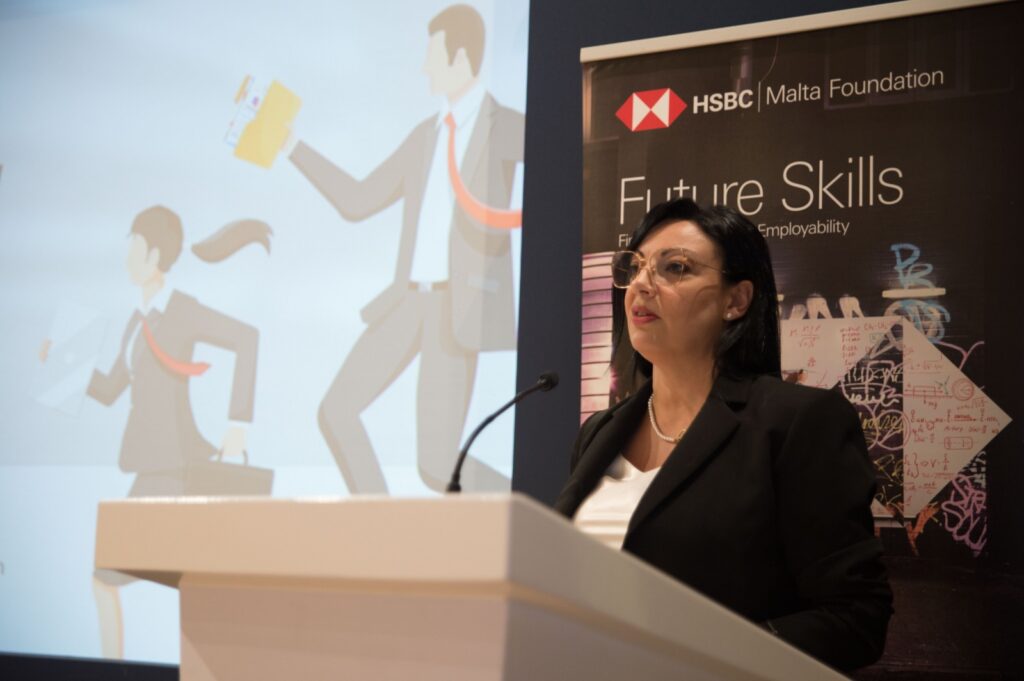GABRIEL CASSAR – MANAGER FOR EU POLICY (SUSTAINABILITY) – MBB
The circular economy has been given a renewed push at the EU level through various legislative initiatives over the last few months. A key proposal within this framework has been the ‘Right to Repair’ Directive, which aims to promote the repair ahead of replacement of defective goods and strengthens consumer access to repair information and services.
The proposed directive will make it easier for consumers to compare repair service providers and opt for any third-party providers of their preference. Producers must provide third parties access to any spare parts, information, or tools needed to conduct repairs. Producers shall also be obliged to repair certain products when requested to do so by consumers. This includes products such as refrigerators, washing machines, mobile devices, and data storage equipment, to name just a few. Importantly, producers will be obliged to always repair defective goods if repair is cheaper than replacement, regardless of consumer expectations.
The Malta Business Bureau (MBB) supports the general aims of the Right to Repair proposal, as it can help foster more sustainable business practices across the entire value chain which may reduce the carbon footprint and waste generation over the long-term. This would be achieved through reducing demand for replacements and encouraging innovation in the design of more durable and easily repairable products.
Excess waste leads to resource depletion, environmental degradation, high processing costs, and spatial challenges. These issues are compounded in Malta due to the limited land available to process and dispose of waste.
Nonetheless, it must also be acknowledged that the proposed Directive is not without challenges. One of the most significant concerns relates to the quality and safety of products when repaired by independent service providers. Such an approach is already well accepted in practice for products such as mobile devices. However, repairs for other categories of products, such as ones which deal with heat, chemicals and air/water tightness should be treated with more caution.
Repairs in these cases must be conducted in proper conditions and by qualified repairers. Producers should consequently be able to authorise who can repair their products in a safe and reliable manner. It is therefore crucial to differentiate between more easily repairable products and more complex ones which require specialised repair services.
The sharing of certain information needed to conduct repairs will also be complicated when products are covered by patents or other intellectual property rights. Companies must not be required to divulge proprietary information or technical details about their products with third parties where there is a risk of losing trade secrets. The proposed Directive should make direct reference to the protection of such sensitive information to promote continued R&D by companies.
The proposal must also clearly distinguish between business-to-consumer and business-to-business relationships. While its scope is meant to be limited to products purchased by consumers, the proposal at the same time refers to products which are typically used in business activities, such as data storage and server products, refrigeration appliances with a direct sales function, and welding equipment. B2B relationships are often governed by dedicated contractual agreements covering repair needs, which may differ significantly from consumer products.
Another important sticking point will undoubtedly be the obligation on producers to always repair defective goods if repair is cheaper than replacement. Situations such as out-of-stock parts, multiple or repeat defects, and consumer expectations will mean that repair cannot be the solution in call circumstances. Such decisions are not typically based solely on the absolute cost of repair, but also factor in aspects such as the ratio between purchase price and cost of repair, how the replacement is accounted for, the potential better performance of replacement models, customer service and the company’s own reputation.
Notwithstanding these concerns, the Right to Repair directive remains a legitimate proposal with objectives deserving support. With carefully targeted amendments, it has the potential to strike a good balance between environmental protection and the practical considerations faced by businesses. By finding this balance, the EU can ensure that sustainable practices are promoted without adding undue burden.
Gabriel Cassar is the Manager for EU Policy (Sustainability) at the Malta Business Bureau (MBB). The MBB is the EU advisory organization of The Malta Chamber of Commerce, Enterprise and Industry, and the Malta Hotels and Restaurants Association. It is also a partner of the Enterprise Europe Network.
This article was first published in The Malta Independent on Sunday on 16th July 2023.

